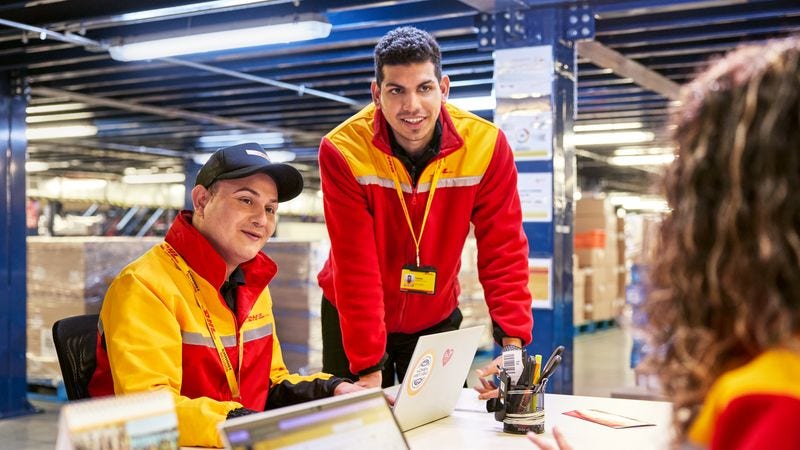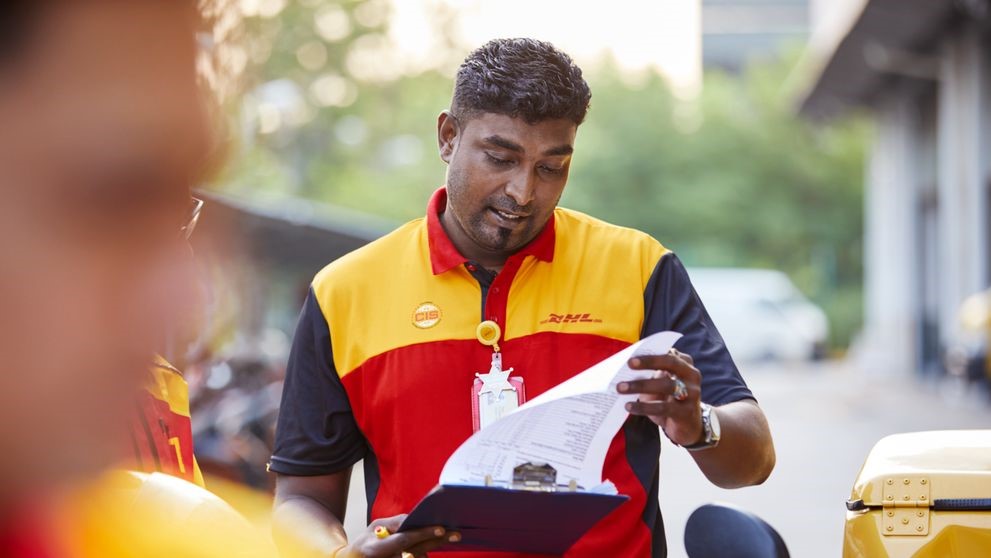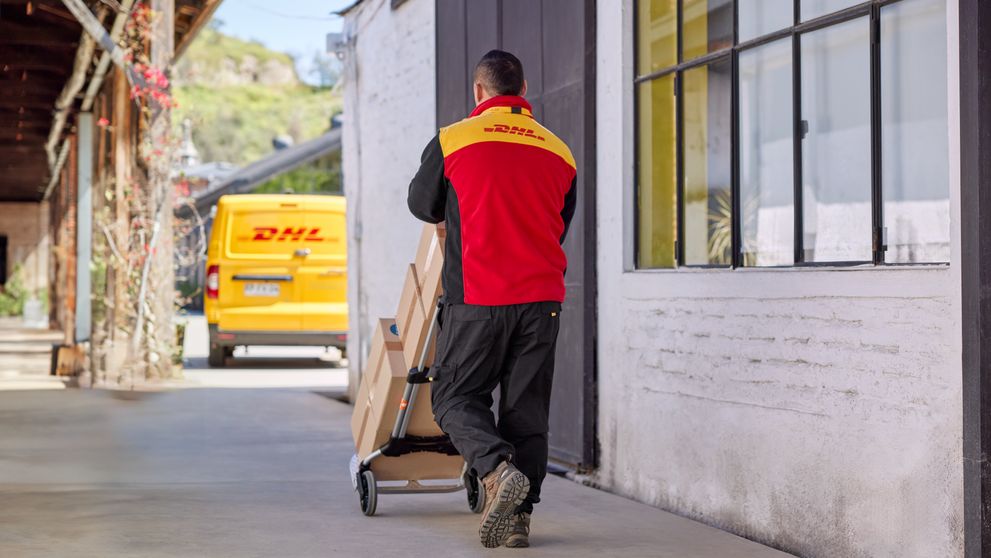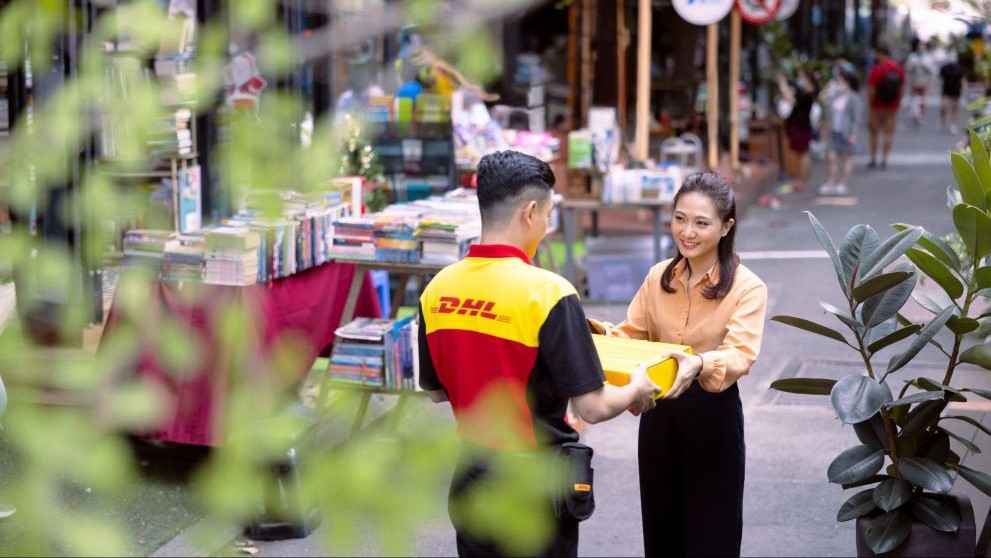What is reverse logistics? Traditionally, it’s been viewed primarily as the process of handling product returns and repairs. This narrow perspective often led to businesses treating it as a cost center and operational burden rather than a strategic opportunity.
Today, however, it encompasses a much broader scope, including sustainability initiatives, resource recovery, and customer satisfaction strategies. This expanded definition highlights the true value of reverse logistics, elevating it from a mere afterthought into a crucial component of a successful business strategy. By rethinking the strategic function of reverse logistics, companies can unlock significant benefits ranging from reducing environmental impact to boosting customer loyalty and retention.
At its core, reverse logistics is no longer just about returns management; it’s a way companies can create value, enhance efficiency, and build a more sustainable and customer-centric business model.
The multifaceted benefits of reverse logistics
Sustainability
In an era of increasing environmental awareness, sustainability in logistics is no longer a choice but a necessity. According to a 2023 survey of Vietnamese consumers by Rakuten Insight1, 84% were willing to pay more for sustainable products and over half held sustainability as a core value in their purchasing decisions.
Efficient reverse logistics can help businesses meet increasing consumer demand for eco-conscious purchases by minimizing waste and promoting a circular economy, where resources are kept in use for as long as possible. Through effectively managing the return and recovery of products, companies can significantly reduce their environmental footprint and contribute to a more sustainable supply chain.
Reverse logistics solutions enable businesses to recover valuable materials from returned products, which can then be reused, repaired, or recycled. This not only reduces waste sent to landfills but also conserves resources and lowers the demand for new raw materials, reducing pressure on the environment. For instance, a 2024 study2 found that electronic waste recycling through reverse logistics programs can recover valuable materials like gold, silver, and copper, reducing the need for mining and its associated environmental impact. In Vietnam, where the electronics industry is rapidly growing, leveraging reverse logistics for e-waste management could be crucial in achieving broader national sustainability goals.
Moreover, optimizing transportation routes and utilizing eco-friendly packaging in reverse logistics can further contribute to reducing carbon emissions and promoting environmental responsibility.
By embracing such sustainable reverse logistics practices, businesses can enhance their brand image, attract environmentally conscious consumers, and contribute to a greener future.
Customer satisfaction
Seamless return and repair processes are essential for enhancing customer satisfaction and building loyalty, especially in today’s competitive market.
A 2024 study of Vietnamese e-commerce platforms3 examined various factors related to reverse logistics (e.g. customer service, return cost, return processing time) and found that all aspects of reverse logistics were generally associated with customer satisfaction. By providing timely updates, offering flexible return options, and optimising return costs for customers, companies can build trust and strengthen customer relationships.
Moreover, the same study found that good customer service, in particular, was most related to higher customer satisfaction. Brands that maintain clear communication, high transparency, and prompt and professional conduct are best able to manage customer expectations, ensuring a positive returns management experience. When customers have such positive experiences with a brand, they’re more likely to do repeat business and recommend the company to others, contributing to positive word-of-mouth marketing. This highlights the positive impact of efficient reverse logistics on customer loyalty and retention.
Furthermore, businesses can even leverage reverse logistics to gather valuable customer feedback. By analyzing return reasons and customer comments, companies can identify areas for improvement in product design, quality, or customer service. This valuable insight can lead to enhanced product offerings and increased customer satisfaction in the long run.
Cost savings
While reverse logistics may require an initial investment, it can lead to significant cost savings in the long run. Optimized reverse logistics processes can reduce costs through efficient inventory management, product recovery, and streamlined operations.
For example, by implementing efficient reverse logistics solutions, a Vietnamese clothing retailer can quickly return unsold inventory to its warehouse, minimizing storage costs and freeing up valuable space for new products. Moreover, recovered products can be refurbished or repurposed, creating new revenue streams and minimizing losses.
Businesses that take the extra step of streamlining the returns process, reducing processing times, optimizing return logistics routes, and consolidating shipments can also minimize the costs associated with handling and storing returned products. This ultimately contributes to overall cost reduction and improved profitability, resulting in cost savings for the company at large.
Overcoming challenges in reverse logistics
Complexity and variability
Managing diverse product returns, repairs, and recycling streams can be complex. Products may be returned in various conditions, from slightly damaged to completely unusable, and customer expectations can vary widely. To address this, companies need flexible and adaptable reverse logistics processes that can handle this variability.
Implementing a robust returns management system that can categorize and process different types of returns is crucial. This system should be able to handle various return reasons, assess product conditions, and trigger appropriate actions, such as repair, refurbishment, or disposal. By automating these processes, businesses can improve efficiency and reduce errors.
Furthermore, offering flexible return options, such as in-store returns, pick-up services, or drop-off locations, can better cater to diverse customer preferences and enhance their experience. This flexibility can also help reduce processing times and improve overall efficiency.
Visibility and control
Maintaining visibility and control over the reverse logistics process is crucial for ensuring efficiency and responsiveness. Real-time tracking and data analytics can help companies monitor the journey of returned products, from the moment they are initiated to their final destination, be it a repair center, a recycling facility, or back on the shelf. Similarly, implementing a transportation management system with reverse logistics capabilities can provide real-time tracking information, automate processes, and facilitate communication between different stakeholders.
Such end-to-end visibility enables companies to identify bottlenecks, optimize processes, and make informed decisions. This in turn allows businesses to identify trends, predict potential issues, and proactively address them, ensuring a smooth and efficient reverse logistics operation.
Collaboration and partnerships

Effective reverse logistics requires a seamless flow of information and coordinated efforts between various stakeholders, including manufacturers, retailers, and reverse logistics companies. By working together and sharing responsibility, companies can enhance overall efficiency and achieve better outcomes.
Building strong partnerships with reverse logistics companies like DHL Express Vietnam can provide businesses with access to expertise, technology, and infrastructure that may not be available in-house. These partnerships can facilitate efficient returns management, processing, transportation, and disposal, enabling businesses to focus on their core competencies.
Moreover, collaboration with suppliers and manufacturers can help improve product design and reduce the likelihood of returns in the first place. By sharing data and insights on product quality and customer feedback, businesses can work together to improve product durability and reduce defects, minimizing the need for returns and repairs.
DHL and reverse logistics: a partner for success
DHL Express Vietnam offers comprehensive reverse logistics solutions designed to help businesses of all sizes optimize their returns management, enhance customer satisfaction, and achieve sustainability goals. With our extensive expertise and global courier network, we can manage the complexities of reverse logistics efficiently and effectively.
Our returns management system provides seamless and transparent return options for customers, empowering them to initiate returns easily and track their progress in real-time. This not only enhances customer satisfaction but also reduces inquiries and streamlines the returns process. We also offer sustainable disposal options, ensuring that products are disposed of responsibly in accordance with prevailing environmental regulations.
By partnering with DHL Express Vietnam, businesses can streamline their reverse logistics processes, reduce costs, and enhance their brand reputation. Our dedicated team of experts can help you develop a customized reverse logistics strategy that meets your specific needs and goals, ensuring that your reverse logistics operation is not just efficient but also a source of competitive advantage.
Gaining a strategic advantage through reverse logistics
Reverse logistics is much more than just returns management. It's a strategic function that can contribute significantly to a company's sustainability, customer satisfaction, and bottom line. By embracing reverse logistics and partnering with a trusted provider like DHL Express Vietnam, businesses can turn product returns into a source of value creation.
As the business landscape continues to evolve, the importance of reverse logistics will only grow. Companies that proactively re-evaluate their reverse logistics strategies and invest in efficient reverse logistics solutions will be well-positioned to thrive in the years to come.
Open a DHL Express business account today and let us help you unlock the full benefits of reverse logistics.
- Statista, accessed October 2004
- Springer, accessed October 2024
- Enpress Journal of Infrastructure, Policy and Development, accessed October 2024








